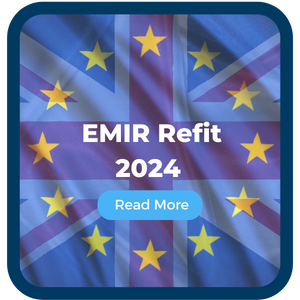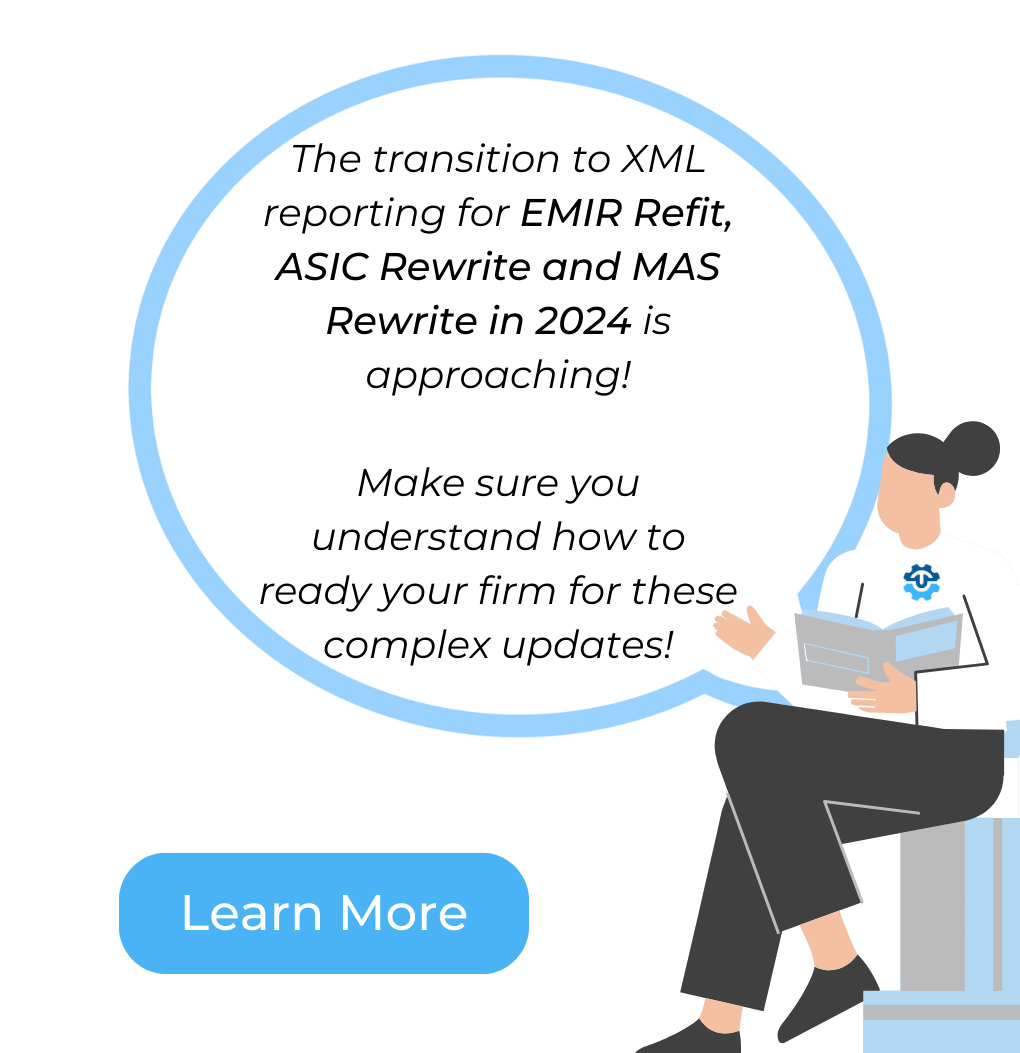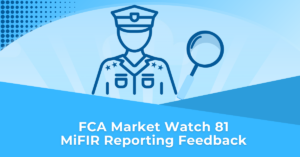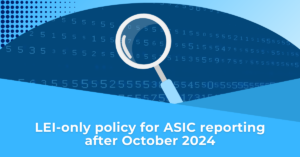TRAction reviews the updated MAS guidelines for regulatory reporting with final rules coming into effect in October 2024
TRAction have created a list of the most important updates that will affect your MAS regulatory reporting for derivatives and how TRAction will assist clients through this transition.
UTI
MAS is implementing new UTI generation and reporting rules that are in line with other major jurisdictions to maximise harmonisation and reduce operational difficulties.
UTIs should be generated and reported for each OTC derivative contract applicable to the MAS regulation. To reduce market fragmentation, MAS will take an approach similar to other regimes when assigning responsibility for UTI generation, following the CPMI-IOSCO Waterfall.
To provide further flexibility to reporting entities, the reporting guidelines will allow optionality for either of the counterparties to the OTC derivative agreement, or even a third party, to generate the UTI code.
MAS will require that reporting entities to make “reasonable efforts” to provide or obtain a UTI in a timely manner when fulfilling their regulatory reporting obligations.
Changes to Reportable Fields
MAS is adding some new fields to help oversee general OTC derivative market risks and align with other regimes globally. This includes adding the new field, ‘Package Identifier’, which helps to group transactions reported independently but negotiated as a single package. In addition, ‘Asset Class’ and ‘Contract Type’ will be integrated as they are “common fields” required under different regimes.
UPI
The role of the UPI is to uniquely identify an OTC derivatives product. A UPI code signifies a collection of specific values on the reference data elements which resides in the UPI Reference Data Library on ANNA-DSB. The database went live in the production environment on 16 October 2023.
Investment type and characteristics as well as underlier elements will still be reportable, however, they will be assessed and potentially removed after UPI implementation.
Collateral and Margin
MAS has not extended the exemption on collateral reporting for fund managers or REITs transacting OTC derivatives on behalf of their investment vehicle, including separately managed accounts. Other entities are still not required to report collateral if they are deemed not to be reasonably expected to have access to the information necessary.
FX Swaps Reporting
Based on feedback from the broader investment community and how FX swaps are stored in companies’ data systems, MAS will require these product types to be reported as two separate contracts, linked through the ‘FX Swap Link ID’ field. Other types of package trades will be linked using the newly created ‘Package Identifier’ field.
Existing Contracts
MAS will require the re-reporting of outstanding contracts in an effort to produce a “material improvement” in data quality. Any contracts outstanding at the end of October 2024 that have a maturity date greater than 6 months from their commencement date will be required to be re-reported within 2 business days. The amended Third Schedule of the revised SF(RDC)R outlines the re-reporting of “transitional trades” and Regulation 7(3) of the revised SF(RDC)R sets out the exemption for OTC derivatives with a maturity of less than 6 months.
Transition to XML submissions
Continuing with global harmonisation, MAS has decided to adopt the ISO 20022 XML message format, and will follow in the footsteps of other jurisdictions by tackling this with a single-phase rollout. These changes will be put into place at roughly the same time as ASIC in October 2024, around 6 months after the EU’s EMIR Refit commences.
Summary
Similar to changes in other jurisdictions, the MAS rules release aims to align their standards with the wider APAC region and to increase transparency.
If you would like further clarification on how your reporting obligations will be affected, the changes that you will be required to implement and how TRAction can assist to streamline this process, please contact us.









